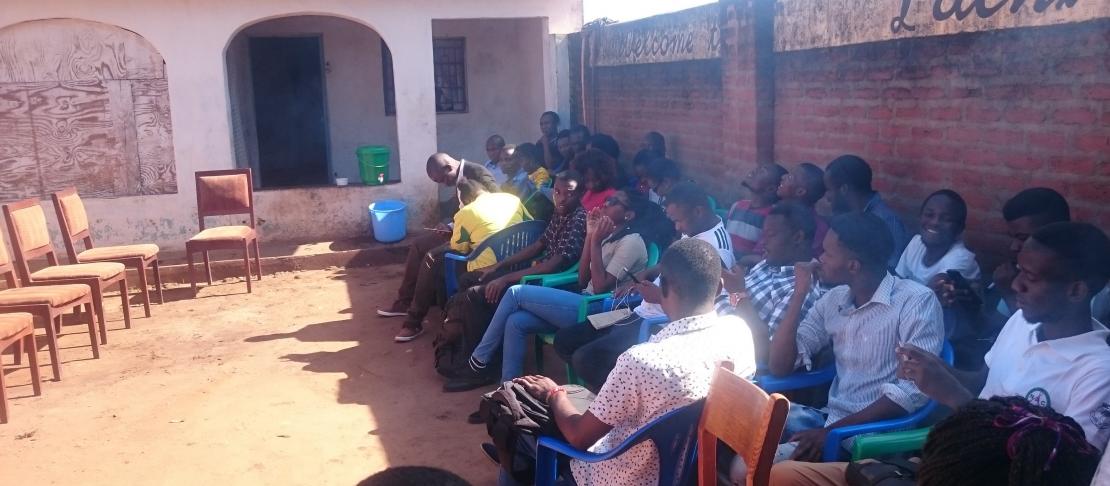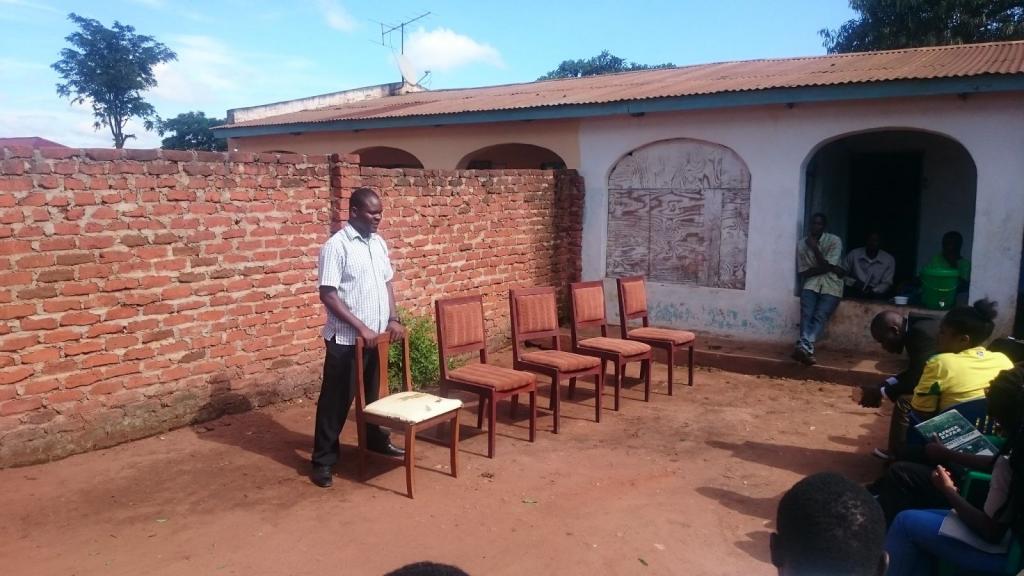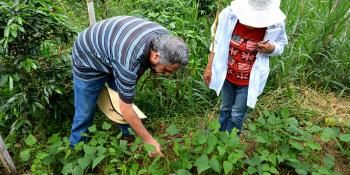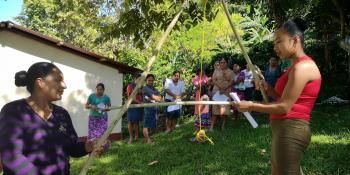North-South collaboration through rapid prototyping: Doing it the minimum-viable way

Everyone seems to be talking about fostering collaboration between actors in the Global North and the Global South. However, "putting your money where your mouth is" does not always come easily. There are many challenges that come into play when trying to facilitate such collaborations. However, in a recent publication, we, researchers at Wageningen University and Research (WUR) and Lilongwe University of Agriculture and Natural Resources (LUANAR), explain how North-South collaboration can be put into practice using international rapid prototyping events (IRPE). During an IRPE, participants form international teams to collectively brainstorm, develop and test minimum-viable solutions for challenges experienced by a local case owner. In our recent journal article, we also demonstrate how such an IRPE can be organized while using very minimal resources.
Check out the journal article: Entrepreneurial learning at the boundary: How to learn from a local cheese maker |
Putting emerging economies at the center of entrepreneurship and innovation
While teaching the university course "Entrepreneurship and innovation in emerging economies," at WUR, three of the authors, including myself, kept running into an important challenge: how to get "emerging economies" to the forefront of the classroom, as opposed to merely being a contextual add-on. We aimed to connect and weave experiences of emerging economies with the various understandings and teachings of entrepreneurship and innovation and the tools already offered. At the same time, we also wanted to make entrepreneurship education more inclusive to students from the Global South.
The idea then emerged to have students from the Global South and North work together in an IRPE using a minimum-viable approach. Why not start by making use of the resources (e.g. social media platforms and mainstream communication technologies) and networks at hand? Would it not be better to allow the students to work on a real-life entrepreneurial case located in the emerging economy? This approach could boost inclusion while also moving the context of the emerging economy to the forefront.
Continuing our “minimum-viable” North-South collaboration
As IRPE researchers involved in the "Understanding and scaling organizations for smallholder resilience" (OSMARE) research project, we were conducting fieldwork on entrepreneurship in the dairy industry in the Central Region of Malawi when we bumped into a cheesemaker at a local farmers market. The local cheesemaker shared critical challenges he faced in scaling his business. We therefore suggested he serve as the case study for our IRPE to allow for a practical experience of collaborative problem-solving and solution-building.
While reflecting upon the intended outputs and outcomes of the IRPE, the project researchers identified that developing boundary crossing competencies are crucial skills for all participants to master during the IRPE, in order to thrive in dynamic and turbulent contexts. Such an approach implies that learning is not merely a process of acquisition of knowledge or skills, it is one of collaboration across a wide range of learning environments. Indispensable components of this process are situatedness, contextuality, cultural embeddedness and social mediation.

Researchers in Central Malawi participate in an IRPE with the OSMARE project. Photo: R. Lubberlink (WUR)
Participants learned how to ideate and work with minimal resources and infrastructure to co-create appropriate solutions on the ground. They were able to apply systems thinking, cross-cultural collaboration and action-research to gain insights for the development of new knowledge and practices. The result from this fusion of diverse perspectives is the production of alternative ingredients that the cheesemaker can use to develop new varieties of their product. In addition, a new product is created by repurposing what is considered, in the current production process, as “waste.”
Not only was the actual IRPE an experience in prototyping, but in fact the process engaged in a unique sort of rapid prototyping all along. It was by making use of the resources available at hand, the courses we were teaching, and our surrounding networks, that we effectuated our way to the article about the IRPE. We hope that this how-to article for IRPE inspires others to experiment with North-South collaborations.
Read more:
- Journal article: Entrepreneurial learning at the boundary: How to learn from a local cheese maker
- Journal article: Linking sustainable business models to socio-ecological resilience through cross-sector partnerships: A complex adaptive systems view
- Journal article: Inclusive and adaptive business models for climate-smart value creation
- Infographic: Are certain CSA business models stimulating or stunting smallholder resilience and entrepreneurship?
- Blog: Milk and money in Malawi: Reconnaissance visit to learn about the business challenges of smallholder dairy farming




